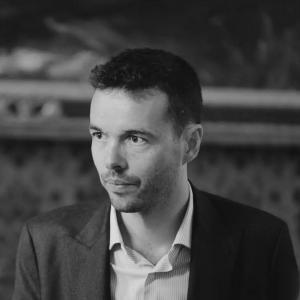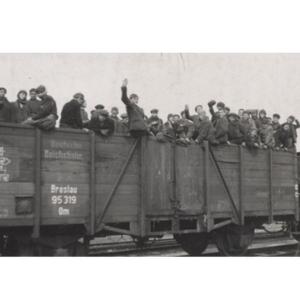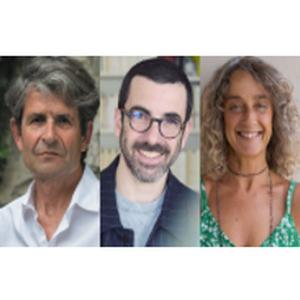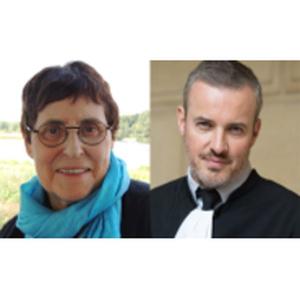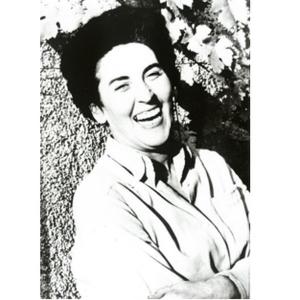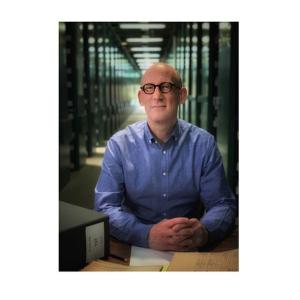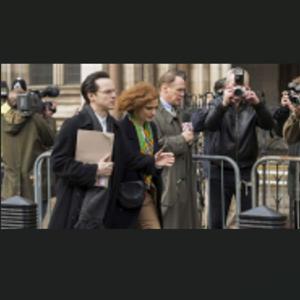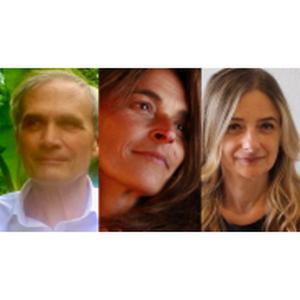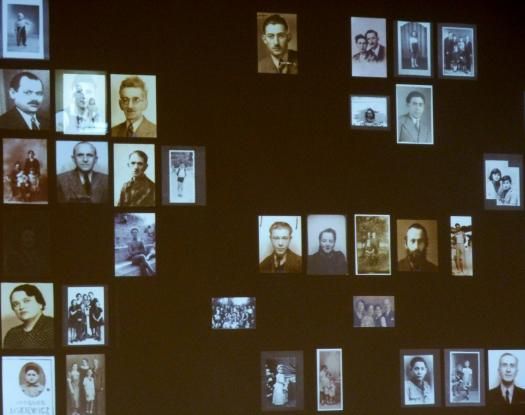
January 27, 2025 marks the 80th anniversary of the liberation of Auschwitz. Various meetings, film screenings, documentaries and tours are scheduled throughout 2025.
Don't miss Bleu / Nuit : Art after the camps, an exhibition by Shelomo Selinger from April 9, 2025 to the end of the year at the Mémorial de la Shoah in Drancy. The exhibition is free to visit on your own or via ExploreParis.
See the tours, walks, meetings, conferences and exhibitions on deportation, the Holocaust and resistance to be booked on Explore Paris.
Visit the Mémoires en réseau website to learn more about the history of deportation under the Vichy regime from what is now Seine-Saint-Denis.

